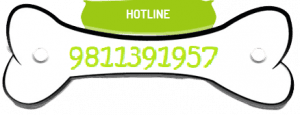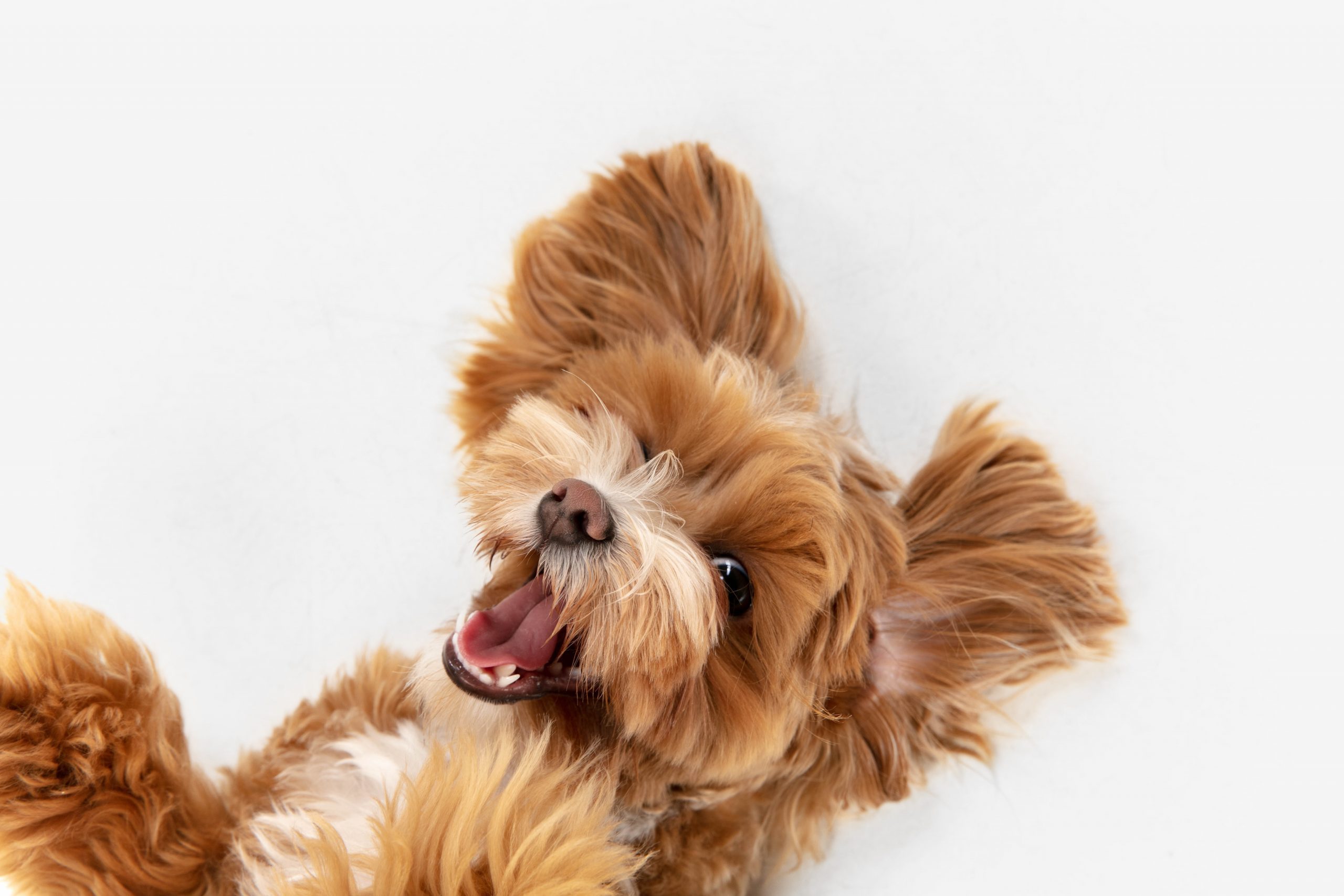Important links
Services
Contact
- 205- A , Old Gupta Colony, Delhi 110009
- 9811391957
- 8369624447
- contact@vetforpet.in


Dogs express themselves in their own way. And humans often misunderstand their body language. Learning to understand your canine is great way to bond and communicate with them. Dogs use facial expressions, postures and other ways to communicate. Many new dog owners face hardships with their canine’s behavior problems so here are some common behaviors expressed by dogs.
chewing
Canines explore the world by their mouth. Chewing helps our pups in various ways. For puppies it helps them relieve sore gums, puppies chew because of their curiosity as well. But chewing excessively is a behavioral problem caused by boredom, anxiety or excess energy. By encouraging your canine to chew on right things can prevent destructive chewing. When your pup chews on wrong things, draw their attention away from the object and replace it by a chew toy. Exercising and playing with your canine is the best way to prevent the change of excess energy to chewing.
Dog parents often misunderstand that their pup is sleepy when it yawns, it may be interested in taking a nap. Yawning can be a sign of stress or fear. If your pup yawns a lot around new people its probably not comfortable around them. AGGRESSION Aggression is a common and a serious behavioral problem. Some breeds have a tendency to show aggressive behavior towards people or other dogs likely due to their ancestral history. A canine’s environment plays a crucial role in its behavior. Canines have aggressive trait despite its breed. The canines express aggression by snarling, growling, displaying teeth, biting and lunging. Aggression can be categorized in different ways. These are territorial aggression, defensive aggression, protective aggression, etc.
Separation anxiety is another commonly known problems. Canines can become destructive due to this. Separation anxiety is triggered when they are upset for being separated for a long time from their guardian and people they are attached to. Canines get anxious and stressed when they see their guardian preparing to go out. They might try to stop their guardians from leaving. Canines with separation anxiety urinate and defecate in absence of their guardian, some pace around the house, some bark and howl when their guardians leave. In some cases canines defecates and eats some or all of the excreta, this might not happen in front of the guardian. There are different ways to treat canines with different levels of separation anxiety. For mild separation anxiety train your pup with out of sight method. Go behind the bathroom door and ask your pup to sit and stay. Then come out after some time. Change the doors progressively and finally train your pup with the exit door. Exercising your pooch before you leave can make him rest while you stay outdoors. In some cases medication is used to reduce the anxiousness of your pooch.
Barking is natural for canines. They bark on various occasions and their way of barking depending on the situation. Canines bark due to separation anxiety, when someone invades their territory, to seek attention or to greet. If the canine barks a lot it could be problematic. Excessive barking can be resolved according to the situation and by training your pup to understand certain cues, like ‘speak’ and ‘quiet’. If your canine is barking a lot while greeting or when the doorbell rings train them to stay at a spot, so when someone comes your canines stays at its spot. Never reward your canine for barking when you return home, instead wait for it to calm down and then acknowledge and praise them.
digging is a dog’s natural instinct. Some breeds are more prone to digging, but too much of it can harm your canine’s paws. Canines dig due to anxiety, fear, desire to hide possessions, etc. Sometimes your pup will scratch the couch or bed usually before nap time or at night which is completely normal. By exercising your pup and spending time doing physical activities with him will reduce the digging.
One of the bad habit your pooch may learn is begging. This is can lead to obesity. Resisting their puppy dog eyes is hard but giving in to them even once gives the wrong signal to your pup in the long run. Giving your canine table scraps isn’t any kind of treats for them. A surefire way to prevent begging is to say ‘NO’ to your pooch when he comes asking for a bite from your plate. If they don’t get the table scraps, they won’t beg for it.
Chasing or fetching any moving object is a display of the canine’s predator instinct. Many dogs chase behind vehicles, people or animals. This can lead to dangerous circumstances. This can be prevented by some small measures • Put a leash on your pup all the time during walks. • Beware of triggers ( runners or joggers) • Training your pup to come when asked to